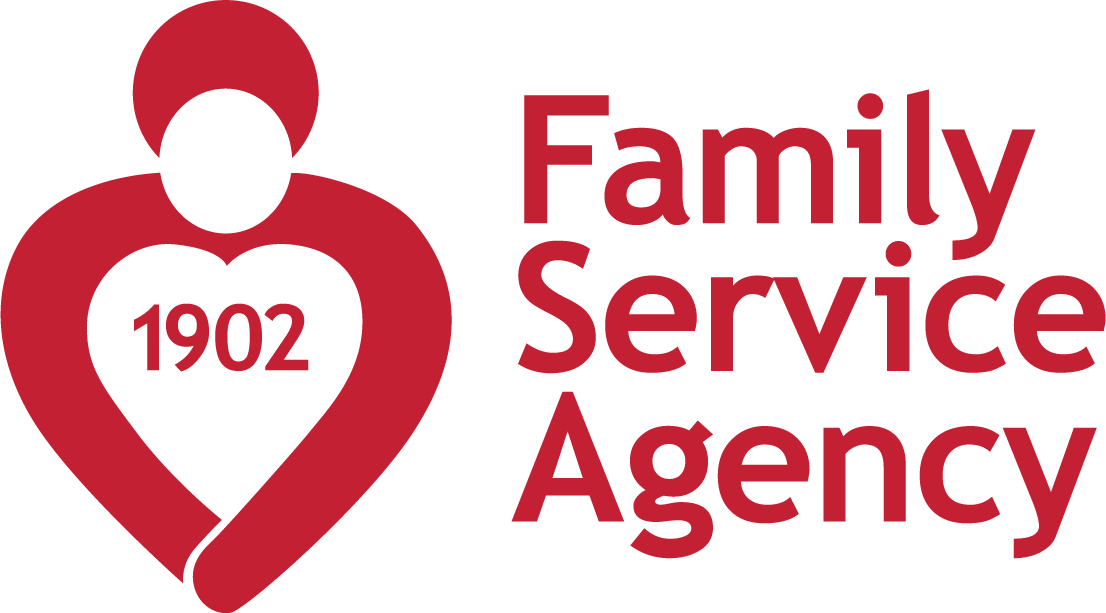Counseling
The Counseling Program is designed to provide individual, and conjoint marital, family and group therapy in an outpatient setting, as an alternative to a more restrictive inpatient treatment facility. The emphasis is on prompt, intensive counseling to resolve personal, interpersonal, marital or social adjustment problems which interfere with day-to-day functioning. We provide counseling services that can help children (6 years and up), adolescents, and adults create emotional change, which leads to an enhanced quality of life and increased productivity.

The Counseling Program at FSA uses only traditional casework or psychotherapeutic approaches to treatment. Behavior management that includes unconventional or controversial treatment modalities is not used, nor is training for such modalities provided.
The Counseling Program is directed towards developing harmonious family relationships, strengthening positive values in family life, promoting healthy personality development, and maintaining satisfactory social functioning for all family members. To accomplish these goals, the Counseling Program offers services from a family systems orientation, which recognizes the necessity to treat the system which impacts the individual.
Counseling is a talk-centered therapy that provides a safe, confidential and non-judgmental space for exploring issues that are interfering with mental wellbeing, levels of functioning, and interpersonal skills.
Through building trust over a number of sessions with a counselor, individuals can disclose private thoughts and feelings, so they can gain greater insight into their problems and build their self-esteem and self-respect. Ultimately, changes in behavior, thoughts, feelings, and ways of relating to themselves and others can improve and reduce emotional distress.
In couple counseling, two people come together and, with the assistance of a counselor, examine their issues and determine the best way forward. Trust gained with the counselor enables a couple to explore challenges that are relevant to their relationship. With increased insight comes increased understanding, which leads to positive changes in behavior, thoughts, feelings, and dealing with conflict.
There are certain mental health difficulties that can be greatly helped by counseling developed specifically to heal a specific condition. Typically, this is an area of counseling where expert knowledge of the symptoms, pathology, and treatment of an illness are crucial to the outcome of the treatment. Specialized counseling includes, but not limited to reality therapy; strength-based, behavior modification; brief-solution focused and Gestalt.
Conditions such as trauma, eating disorders, addictions/substance abuse disorders, post-traumatic stress disorders, and obsessive-compulsive disorders come under this category. Sessions in specialist counselling are highly focused and give a patient the opportunity to address and process their problem with an expert in the specific illness they are seeking help for. The aim is to establish healthier ways of coping with the issues that arise and to facilitate positive change.
Individual Counseling:
- Children (6+) and adolescents
- Adults
- Family Issues
- Anxiety
- Depression
- Mood Disorders
- Trauma
- PTSD
- Grief
- Relationships
- Dependence/Addiction
- Domestic Violence
Group Counseling:
- Stress Reduction
- Life Skills
- PTSD
- Relationships
- Dependence/Addiction
- Domestic Violence




